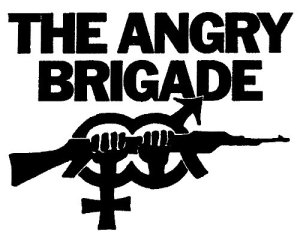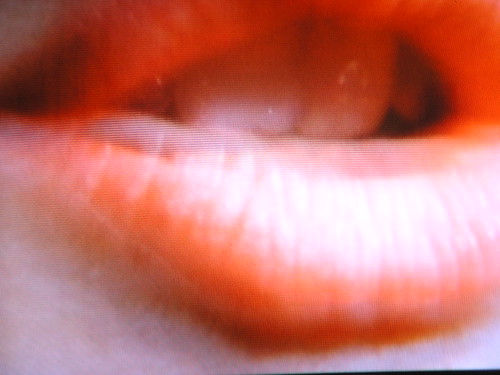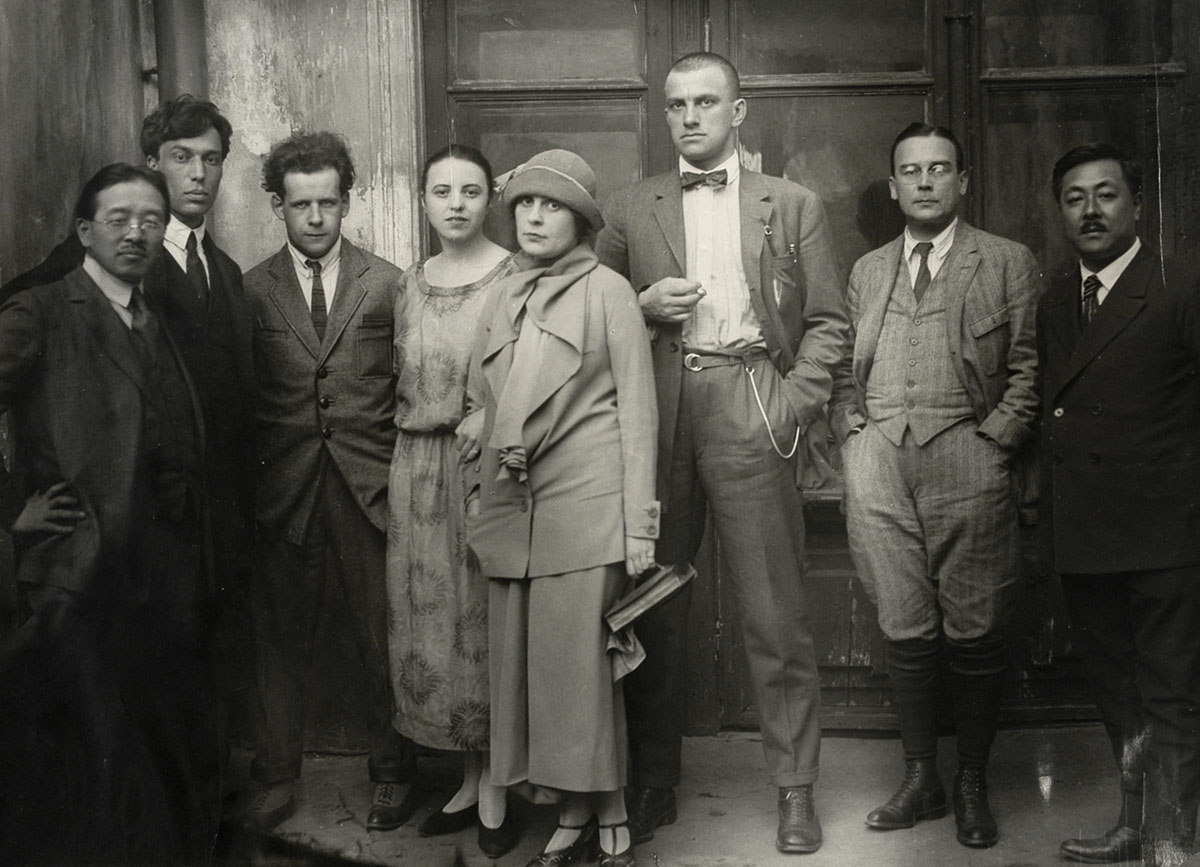What to say of the 'winter of discontent'? For information see here and here and here and... need I go on? Look it up yourself and flavour according to taste. Accounts will be contentious but it was certainly cold.
For us personally these were tough years. We were very lucky to be able to rent a house in late 1973. It had been rented previously to American servicemen who had wrecked a door and kept a goat and a rusty car in the back garden. It had no phone and little heating. When my mother died in 1975 Clarissa's parents (whose house it had been) had to walk down the hill to tell us. Tom had been born in hospital at the end of 1973. We heated his room with a paraffin heater. Helen was born at home to an international choir of midwives in January 1976. By that time I had had three teaching jobs in three years, the first two part-time. Then came the run-up to the famously discontented winter.
The children were three and one respectively in 1977. My father had remarried that September. Our recorded conversations about the past had stopped for lack of private time. I had somehow (through being the older of the two new staff) become head of a two-person art department in a girls ex-grammar comprehensive school. Nevertheless I was still learning the art of teaching. On the other hand, miracle of miracles I had, on Peter Porter's recommendation, been picked up by Faber for the fourth of their Poetry Introduction series.
That was the good news but at the same time Clarissa developed a lump on the ear that was ignored by one doctor but was diagnosed as a tumour of the parotid gland by another so she had to go to hospital to have it removed in a tricky operation. The removal was successful - the tumour wasn't malignant - but it was a scary and anxious time. I took the Faber volume to her in hospital in the January of 1978 as she was recovering.
But the operation must have lowered her resistance for later in 1978 she caught mumps from Tom and it quickly turned to encephalitis. I was working full time by then and her mother came daily to nurse her. Her fever was high, she was in great pain, and there were times she was delirious. Had it not been for the help of her parents things might have turned out a great deal worse but over 1979 her health recovered and her art - she is herself an artist of course - was to recover a few years later. Back then, however, we were sliding towards a pretty scary winter with strikes in hospitals, schools, in waste disposal, in electricity, among lorry-drivers, firemen, and more.
Having, meanwhile, lost the general election intended to affirm government as the controlling power in 1974 the Tories had dropped Edward Heath and, in a revolutionary change in 1975, elected a woman as leader, which is something Labour have yet to do.
Labour limped on and lost the election in the wake of the winter of discontent and Margaret Thatcher became prime minister of the country on 4 May 1979. Butskellism was well and truly dead. For the first time since 1945 Britain had an ideological government. We are still living through the consequences of that.
I am steering clear of value judgments in an attempt to see what happened and to consider why things are as they are now.
What kind of vacuum has developed since 1979? Why is the Labour Party currently reconsidering its entire raison d'être? What has come to fill the vacuum?





















.jpg)

.jpg)
.jpg)
